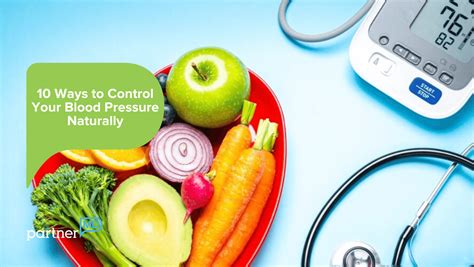How to Lower Your Blood Pressure Naturally and Effectively
High blood pressure, or hypertension, is a silent killer affecting millions worldwide. Understanding how to lower your blood pressure naturally and effectively is crucial for maintaining long-term health and well-being. This comprehensive guide explores lifestyle changes and dietary adjustments to help you manage your blood pressure without relying solely on medication. Remember to always consult your doctor before making significant changes to your diet or exercise routine, especially if you have pre-existing conditions.
Lifestyle Changes for Lowering Blood Pressure
1. Embrace Regular Exercise:
- Cardiovascular workouts: Activities like brisk walking, jogging, swimming, and cycling are highly effective in lowering blood pressure. Aim for at least 150 minutes of moderate-intensity or 75 minutes of vigorous-intensity aerobic exercise per week.
- Strength training: Incorporating strength training exercises two to three times a week helps build muscle mass, which can further contribute to blood pressure reduction.
2. Prioritize Stress Management:
- Mindfulness and meditation: Techniques like deep breathing exercises, yoga, and meditation can significantly reduce stress hormones, which are known to elevate blood pressure.
- Relaxation techniques: Exploring activities you enjoy, such as listening to music, reading, or spending time in nature, can promote relaxation and lower stress levels.
3. Maintain a Healthy Weight:
- Balanced diet: A diet rich in fruits, vegetables, and whole grains, while limiting processed foods, saturated fats, and sodium, is essential for weight management.
- Portion control: Being mindful of portion sizes can help prevent overeating and contribute to weight loss, which directly impacts blood pressure.
4. Quit Smoking:
- Smoking cessation programs: Seek professional help to quit smoking, as nicotine significantly raises blood pressure and increases the risk of heart disease.
- Support groups: Joining support groups can provide encouragement and accountability during the quitting process.
5. Limit Alcohol Consumption:
- Moderate intake: If you choose to drink alcohol, do so in moderation. Excessive alcohol consumption can drastically increase blood pressure.
Dietary Adjustments to Lower Blood Pressure
1. Reduce Sodium Intake:
- Read food labels: Carefully check food labels for sodium content and choose low-sodium options whenever possible.
- Cook at home: Cooking at home allows you to control the amount of salt added to your meals.
2. Increase Potassium Intake:
- Potassium-rich foods: Include foods like bananas, sweet potatoes, spinach, and beans in your diet, as potassium helps balance sodium levels.
3. Boost Your Magnesium Intake:
- Magnesium-rich foods: Foods such as almonds, dark chocolate, and avocados are excellent sources of magnesium, which plays a role in regulating blood pressure.
4. Eat More Fruits and Vegetables:
- Variety is key: Aim for a diverse range of fruits and vegetables to maximize your intake of essential vitamins, minerals, and antioxidants.
5. Choose Whole Grains Over Refined Grains:
- Whole grains: Opt for whole-grain bread, pasta, and brown rice, as they are rich in fiber and other beneficial nutrients.
Monitoring Your Blood Pressure
Regularly monitoring your blood pressure is crucial for effective management. Keep a record of your readings and share them with your doctor during your check-ups. This allows for timely adjustments to your treatment plan if needed.
When to See a Doctor
Consult your doctor immediately if you experience any significant changes in your blood pressure, such as sudden spikes or drops. They can provide personalized advice and guidance based on your individual health needs.
By incorporating these lifestyle changes and dietary adjustments, you can significantly lower your blood pressure and improve your overall health. Remember, consistency is key! Making gradual, sustainable changes is more effective than drastic measures. Your journey to better health starts with informed choices and a commitment to a healthier lifestyle.
